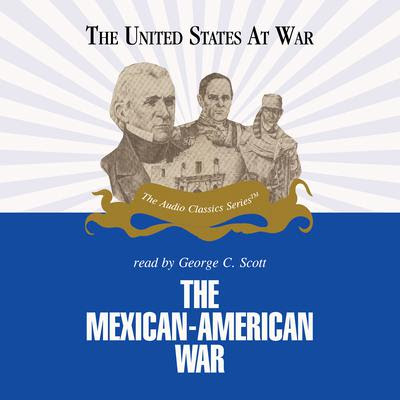"The occupation, separation, and annexation [of Texas] were, from the inception of the movement to its final consummation, a conspiracy to acquire territory out of which slave states might be formed for the American Union."
"For myself, I was bitterly opposed to the measure, and to this day regard the war, which resulted, as one of the most unjust ever waged by a stronger against a weaker nation. It was an instance of a republic following the bad example of European monarchies, in not considering justice in their desire to acquire additional territory."
- Ulysses S. Grant, in "Personal Memoirs of Ulysses S. Grant," Chapter III
I live in a region of the
United States that was once controlled by
Mexico (in the state of
Arizona), so I live daily with the effects of a
war from the 1840's. Few people could put this war in the right half-century, let alone the correct decade; and fewer still could name any major battles or players in this war. Nonetheless, the effects of the war are all around us, and it has entered discussions about
contemporary politics on more than one occasion. On topics ranging from
illegal immigration to anti-
Hispanic racism to foreign policy towards Mexico, we in the American Southwest are often reminded of this war. In less controversial ways, we are reminded of it in the many place names of Spanish origin that surround our homes. From names of streets to names of cities to names of entire states, the influence of Spanish place names are all around us, which were often borrowed in their turn from the native peoples of the region. Mexican culture is all around us, from
Spanish taught in
schools to the remarkable Mexican food that many of us eat; and the region would belong to Mexico still, if not for a
long-ago war from the 1840's.
Mexico lost half its territory to the United States in this war ...
The war was, of course, fought between the
United States and
Mexico, and was the only major war between our two nations. There have been border skirmishes since then (notably
one in the 1910's), but nothing on the massive scale of this one from the 1840's. Mexico lost half its territory to the United States in this war, and several American states were formed out of the land transferred in
the peace treaty. The war was undoubtedly an act of imperialist aggression motivated (to some degree, at least) by racism. But there's more to the story than that. Imperialism and racism are favorite topics of liberal PBS; but surprisingly, the network manages to tell the story in a documentary for television with a minimum of political correctness, and manages to stick to the facts about this topic most of the time. My judgments might not completely agree with theirs, but I have to hand it to them that their documentary about this war is extremely interesting, and it is of tremendous value to the student of
American history, particularly those who (like me) live in the Southwest. Thus, I thought I would offer my review of this documentary here.













